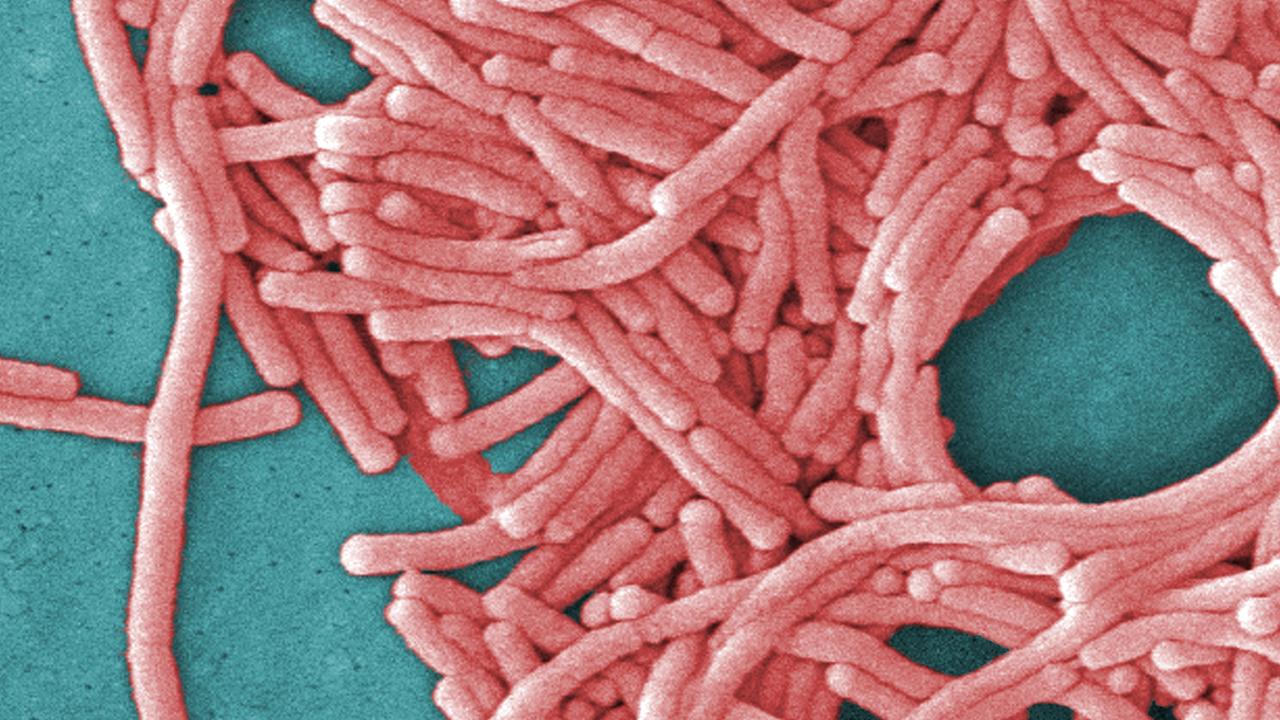Is this why Kanye can’t smile?
SMILING definitely doesn’t come naturally to Kanye, and now, thanks to science, we may know why. Take the lol test to see if you have the laughter gene.

DO you, unlike Kanye, smile easily? It may be in your genes!
By making people watch funny film clips, scientists have found that people who are quick to smile or laugh carry a shorter version of a gene involved in serotonin regulation, compared to people who are more reserved with their feelings.
Serotonin is a neurotransmitter linked to depression and anxiety and previous research has suggested that people carrying shorter versions of the 5-HTTLPR gene had stronger negative emotions and were more likely to develop depression and anxiety when faced with adversity, says Claudia Haase of Northwestern University, in the USA, co-author of the study published today in the journal Emotion.
But the results from this new study suggest that it may not be too bad to carry the short variant of this gene after all, says Haase. “A growing body of research (including our new study) shows that having the short allele is not bad or risky,” she says.
In the study, 336 participants watched cartoons such as “The Far Side” by Gary Larson or subtly amusing films, such as clips from “Strangers in Paradise”. Middle-aged and older spouses who participated in the study were also asked to discuss areas of disagreement in their marriage, all while researchers recorded how often they smiled or laughed.
All participants were screened for their 5-HTTLPR gene, and those with shorter versions of the 5-HTTLPR gene were easily amused throughout the experiment, compared to people with the long version of the gene.
The results suggest that the shorter version of the 5-HTTLPR gene has a broader impact in our emotions than previously thought. “Our study provides a more complete picture of the emotional life of people with the short allele. People with short alleles may flourish in a positive environment and suffer in a negative one, while people with long alleles are less sensitive to environmental conditions,” says Haase.
The study may bear important implications for our understanding of how human emotions are influenced by our genes. “One of the great mysteries in psychology is why some people are highly emotional and others are not. In this study we found that part of the answer lies in our genes” says Robert Levenson, from the University of California-Berkeley, senior author of the study.



